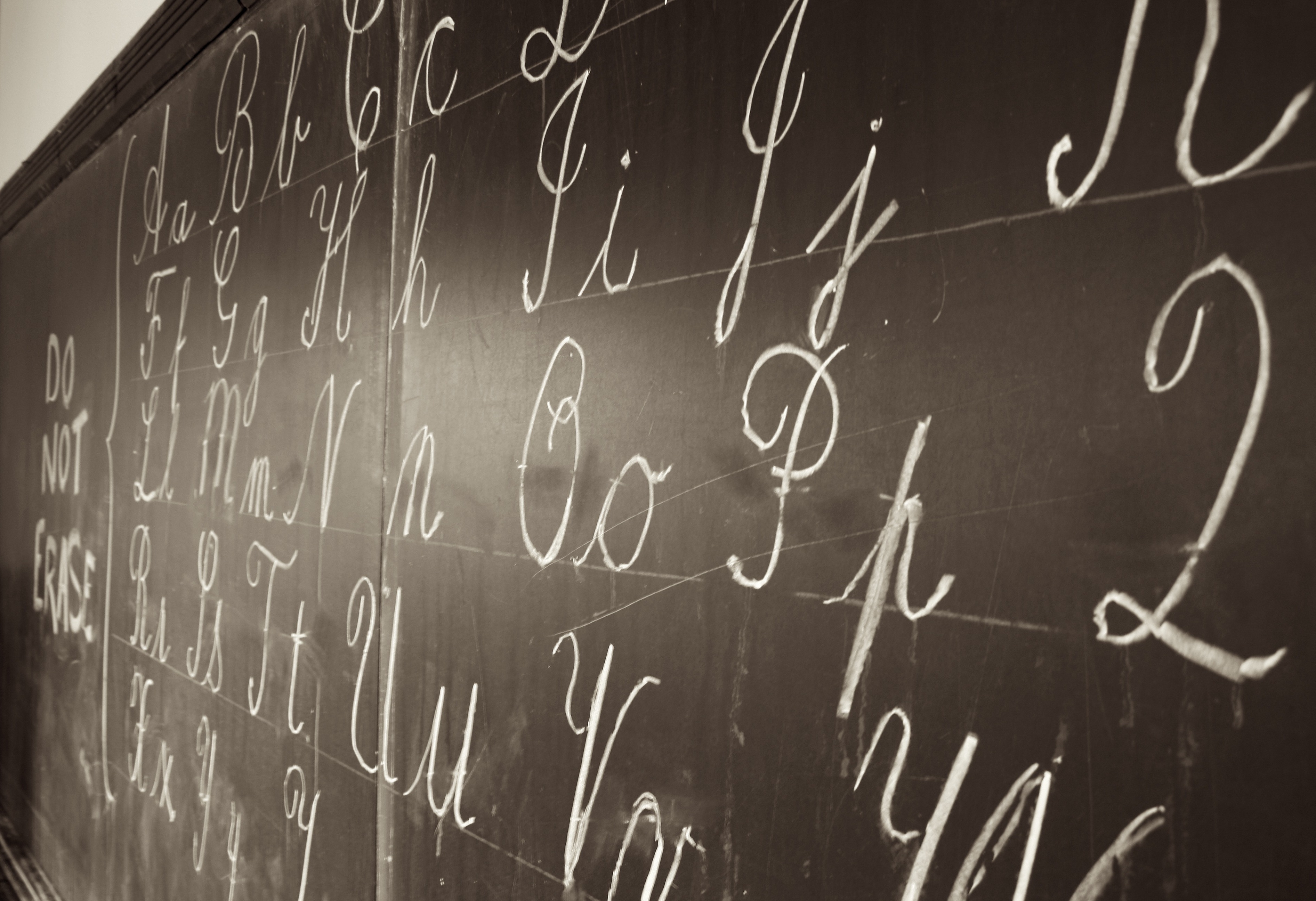Optimizing School Reform – A Response to Professor DeJarnatt
All politics is local, someone once said. That person probably never witnessed 2016. Nevertheless, in the spirit of continuing to plod along on the innumerable issues still facing our country, our states, and our cities—most especially Philadelphia—I offer the following thoughts on Professor DeJarnatt’s recent piece in these pages. Professor DeJarnatt has been perhaps the fiercest and most effective critic of school reform efforts in Philadelphia. For example, in a recent law review article,[1] Professor DeJarnatt argued persuasively that “today’s education reformers[, by] treat[ing] public education as a private good,” impose significant costs on the communities in which school reform is taking place. Professor DeJarnatt identified three costs: First is the cost to community and the loss of voice of parents and taxpayers in the community for any say in their schools. Second is the economic cost of these reforms, in particular the costs imposed on the students who remain in traditional public schools. Third is the cost of lost opportunity—the opportunity to improve the system of public education while still considering it a public …


